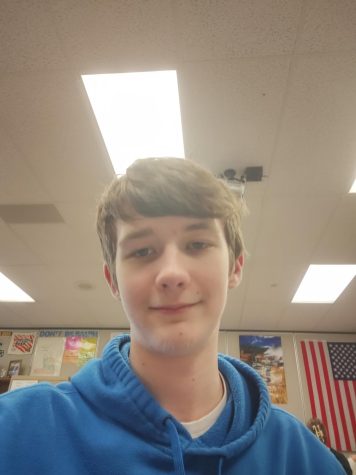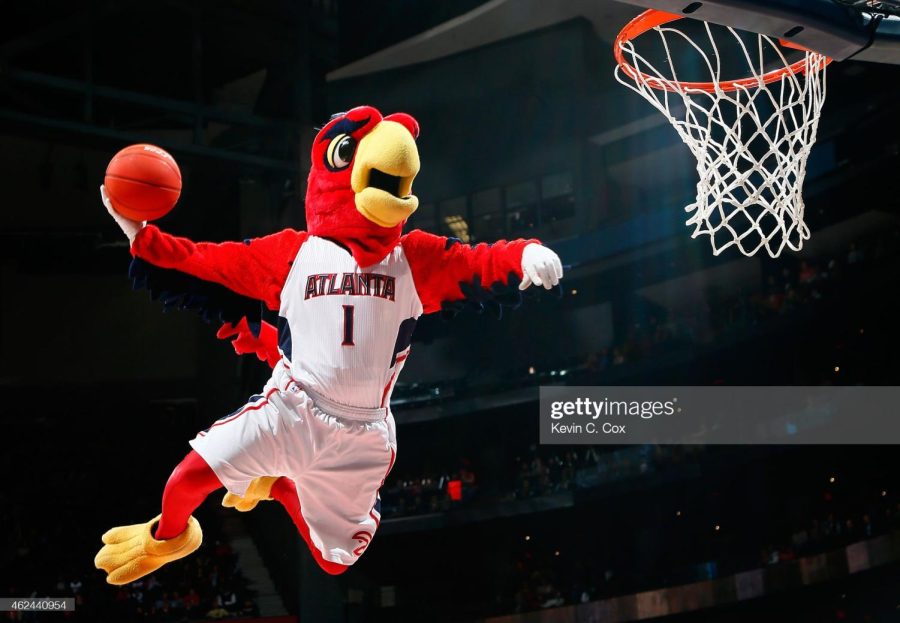Trade School: Atlanta Hawks Edition
Welcome to the very first installment of trade school! As an introduction, my column is all about analyzing and grading recent trades around the NBA. Unfortunately, there have not been any big moves since January 6, when these occurred: the Boston Celtics traded Noah Vonleh with cash considerations for a second-round pick and a trade exception, Gorgui Dieng was waived from the San Antonio Spurs to make room on the roster, and then Noah Vonleh was also waived in the end. Overall, the trade simply became an exchanging of cash for a second-rounder and a trade exception, and for this, both teams receive a grade of F for being lackluster and boring.
Therefore, in the absence of recent in-season moves, let’s get more specific with the offseason activity of the Atlanta Hawks.
For clarification purposes, when it comes to the drafting of rookies, I am classifying these players as free agents since they were not on a team before they were drafted. A.J. Griffin was projected to be a late lottery pick in the seven to twelve range, but injury concerns, particularly from a sprained knee last college season, caused him to drop to the Hawks at pick sixteen. So far, it seems like he recovered from the injury, racking up 9.8 points per game with an average playing time of twenty minutes played per game. Drafting a rookie that can put in rotation minutes on a playoff team is always a good thing, due to how cheap rookie contracts cost, and A.J. is exactly that. In that case, drafting A.J. Griffin receives a grade of an A-.
The biggest trade Atlanta made this offseason was trading Danilo Gallinari, the Charlotte Hornets’ 2023 first-round pick, their own 2025 and 2027 first-round pick, and the right to swap picks in 2026 in order to acquire Dejounte Murray and Jock Landale. Jock Landale was then traded to the Phoenix Suns for cash, so the Hawks organization basically traded all of its assets for Dejounte. Dejounte himself isn’t at fault here, for he is putting up twenty points, six assists, and two steals per game, which is around the same as his all-star season last year. The Hawks finished ninth in the Eastern Conference last year, losing in the first-round of the playoffs to the Miami Heat. The Hawks representatives, believing that they needed to add one more piece to their team to become title contenders, traded for an all-star in Dejounte over the offseason. The Hawks are currently ninth in the East again; their gambit has yet to pay off. Therefore, I give this trade a B-.
The final Hawks trade in this week’s analysis is trading Kevin Huerter to the Sacramento Kings for Mo Harkless, Justin Holiday, and a 2024 first-round pick. Mo was traded for a player in Holiday who plays six minutes per game and is only putting up four points a game, although on reduced minutes from last year. Eventually, I would like to see that total end up somewhere in the twenties range. One of the Hawks’ problems this year is a lack of wing players who can shoot 3-pointers, but is Kevin Huerter really the solution to that issue? I’d describe him as a wing player who can shoot 3-pointers well. He takes about 7 three-pointers a game and makes forty-two percent of them, which currently ranks fourteenth in the league. He’s also only 24-years-old and has a lot of time to grow as a player. The Hawks traded one of its youngest pieces for peanuts here, and it’s showing this season. I give the Hawks a D for this trade.
Overall, I have to give the Atlanta Hawks a grade of C- for the off-season moves. The Hawks traded a bunch of pieces to try to get better, but the team didn’t actually improve all that much.
Check in next time when I will rate the Boston Celtics’ offseason and provide an update on any big trades in the past few weeks.

Owen Milanowski is a junior in his first year on the FHC Sports Report staff. He took this class to have an outlet for his opinions on sports. Owen is...



